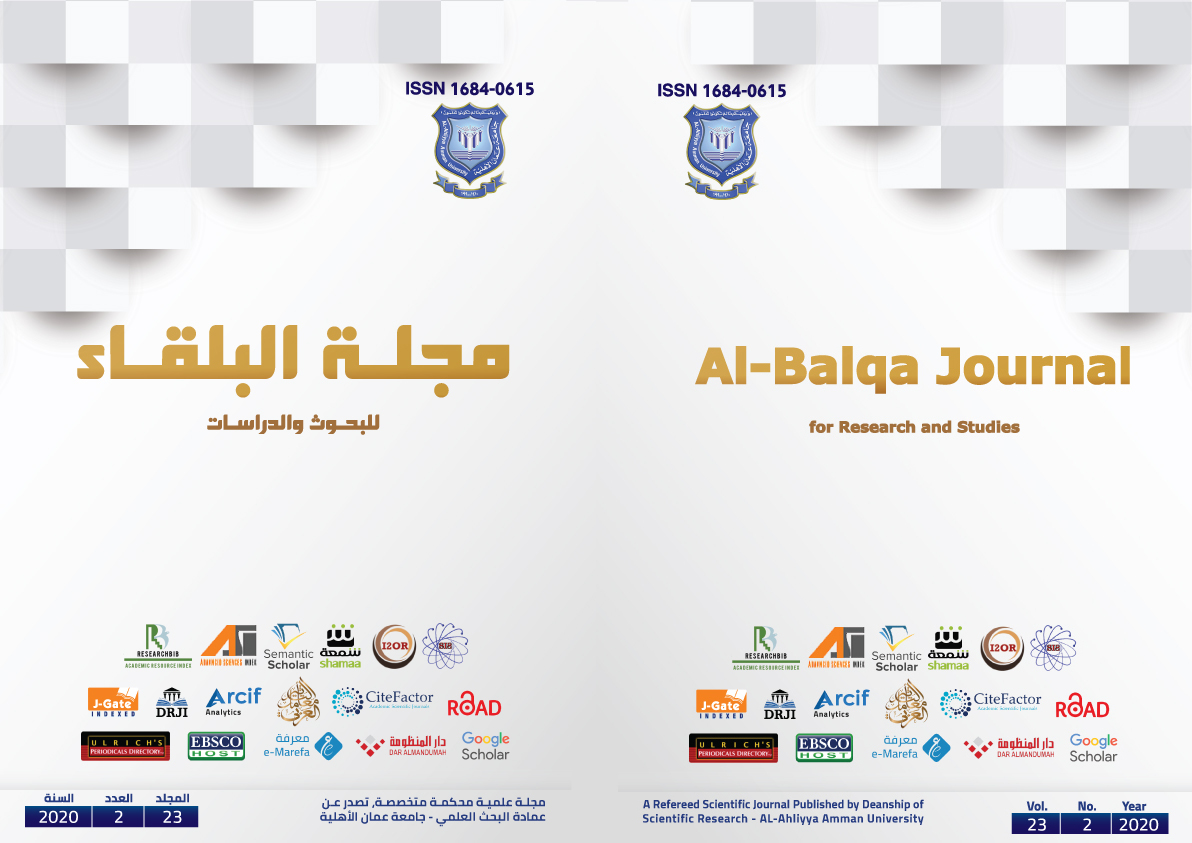Al-Balqa Journal for Research and Studies البلقاء للبحوث والدراسات

Abstract
This descriptive research tries to probe the impact of the emerging information technologies on reshaping both face—to-face and distant education. At a time when the technologies underlying all forms of schooling are rapidly changing, the sketching of the emerging opportunities initiates a dialogue about the pedagogy of dislocation that will undoubtedly prevail in the impending Human Age. Interactive multimedia systems are said to hold the promise of revolutionizing education. In the future, it will be possible for people to learn anything. anytime, and anywhere by using notebook-sized computers, pen-based interfaces. wireless networking, and relevant software, teachers can conduct field-based experiences in which students are physically distributed across an environment. yet linked together by shared data, and pedagogical guidance. Educators will be able to create classrooms with electronic walls that are useful in certain types of training, and that demonstrate the distributed learning approach. The cyber-school system, which adapts the approach of the pedagogy of dislocation. can prepare students to cope with the prevailing environment of the Age of Information. The research, which forms an integral part of educational psychology, concludes that the different variants of current educational practices in schools and universities. including credit for contact, credit for computers and credit for contact plus computers should be reexamined to probe their effectiveness in the impending Human Age.
Recommended Citation
Alfuqaha, lsam Najib
(2020)
"Pedagogy of Dislocation: An Educational Issue at the Dawn of the Third Millennium,"
Al-Balqa Journal for Research and Studies البلقاء للبحوث والدراسات: Vol. 9:
Iss.
2, Article 8.
Available at:
https://digitalcommons.aaru.edu.jo/albalqa/vol9/iss2/8

